WonderHowTo guest contributor Joe Mckay is an Assistant Professor of New Media at Suny Purchase College. He makes work with and about digital culture.
Back in 2007, as an artist and professor of New Media, I invited two Google employees to speak about life at Google. In preparation, I decided to read the Gmail terms of use, and was taken with the rules governing the contextual adds. The line that stood out was "We also avoid targeting ads to messages about catastrophic events or tragedies.”
In other words, to avoid Google’s email ads all you need to do is include a few lines about something tragic or catastrophic. I chose the line, “Suicide death 9/11 murder” just to cover all the bases, but the real fun lies in making up your own phrase. While Google does not elaborate on why they do this, I am sure they are protecting the sponsors as much as they are the user.
I made a very simple website in which I outlined how to do the “hack” and included some of the research I had done regarding which words were the trigger and how many trigger words per regular word you needed to remove the ad.
Before

After

(Tip: to really get rid of all the ads you need to remove the "Web Clips" which you can turn off in preferences.)
In some ways this exploit is very elegant—in true hacker fashion it uses the infrastructure of the system against itself. In other aspects it is entirely impractical. First, it only works on the receiver of the email, so you can only get ad-free emails if your sender follows the rules. Second, there are plenty of free plugins that remove or reduce the ads. Third, you actually have to include something horrible in your email, and explain why you are doing it. I wrote the site, however, as if I was unaware of any possible downside to the hack—this is a position I often take in my performances and artwork (in another piece I seriously propose abolishing time zones). As an artist, my work explores the territory between life and technology. I like the idea of being faced with the reality of the deal you have to make with Google every time you use their “free” mail program. For me, the awkwardness is as much a part of the piece as the elegance.
This site sat almost dormant for many months, and frankly I almost forgot about it completely. Then in 2009, Boing Boing found it, and from there it bounced around the blogosphere for a while.
Before the Boing Boing article came out, the page only saw traffic that came from my art website, and so it was usually viewed within the context of my other work. Boing Boing, however, did not include a link to my website, and in fact, did not even mention my real name (and oddly insinuated that it’s not easy to find). This was fine, but suddenly the page had no context, and, as the comments reflected, some people got really angry with me. From The Register:
“If it *really* offends him that much, he should go use Hotmail, or any of the other free e-mail services out there, or even, heaven forbid, pay for an e-mail service. Jesus I really hope if Google do respond they respond with a premium e-mail service without ads that this moron can pay for.”
The response was not all negative, and I’ve had many people write me with suggestions and advice. Several people suggested putting the phrase in the signature of the email (doesn’t work) and another reader cleverly though of setting the color of the text to the same color of the background making the phrase both hidden and super extra creepy. I’ve had different people write to tell me their success with other languages (it varies), and quite a few attempts at making a phrases that will trigger the hack, but still be reasonably respectful.
This brings up an interesting question as an artist. Does it matter that my audience knows that I think about this as both a hack and an artwork?
To answer my own question, I’d say that it depends. When the piece went viral I was delighted, and very happy with the response it got. I am quite comfortable with doing online projects that exist independently of any fine art framing. Yet when asked to write about the exploit for a year or so later, I find myself wanting to give it more context. Maybe this is because I feel that the piece already had its day in the sun as an internet meme, and referring to it now is a bit archival. Maybe it’s because I want to draw attention to the fact that a lot of online activity is in some ways artistic, in that participants often intentionally adopt slightly fictional personas in order to get their ideas across effectively. In any case, it is interesting to me that the same project can generate different responses depending on the context of how people come to know about it.
In the interest of full disclosure I should mentions that WonderHowTo generates revenue through Google adSense, and according to the terms: “You shall not [sic] (xi) engage in any action or practice that reflects poorly on Google or otherwise disparages or devalues Google’s reputation or goodwill.”
I don't think I’ve disparaged or devalued, but when you consider how prevalent Google ads are, it makes you wonder if this policy is subtly affecting the online discourse about the company. The first rule of Fight Club …
Wonderhowto says that 100% of the add revenue generated by my article goes to me. In the unlikely event that Google ever sends me money I will donate the entire amount to Doctors Without Borders.




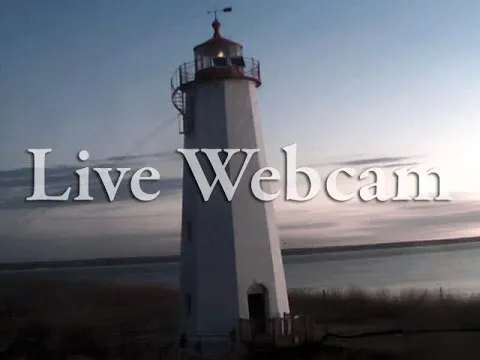
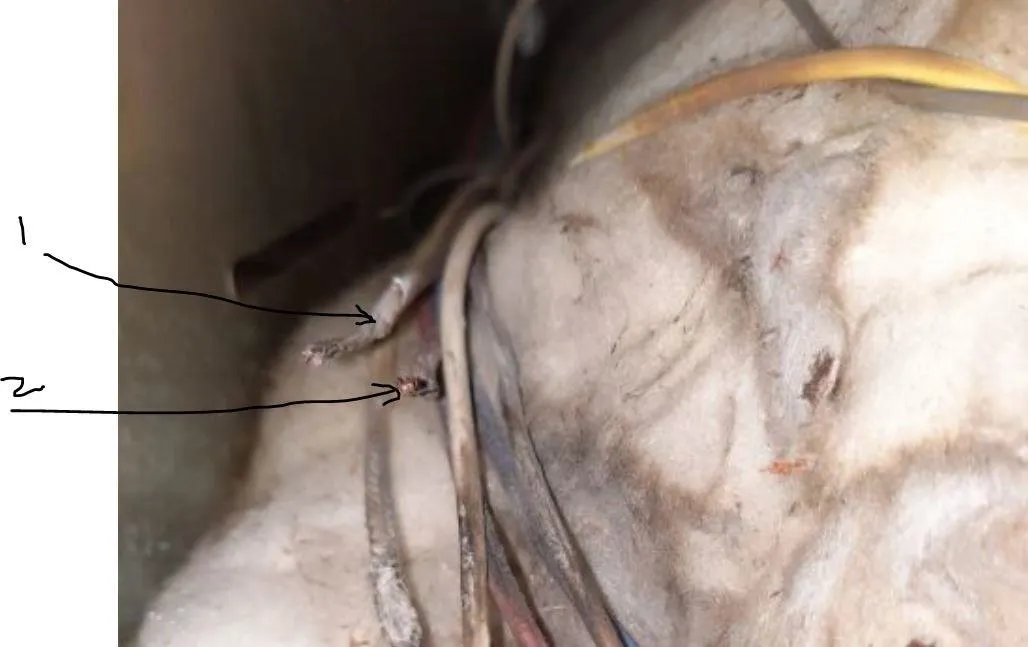






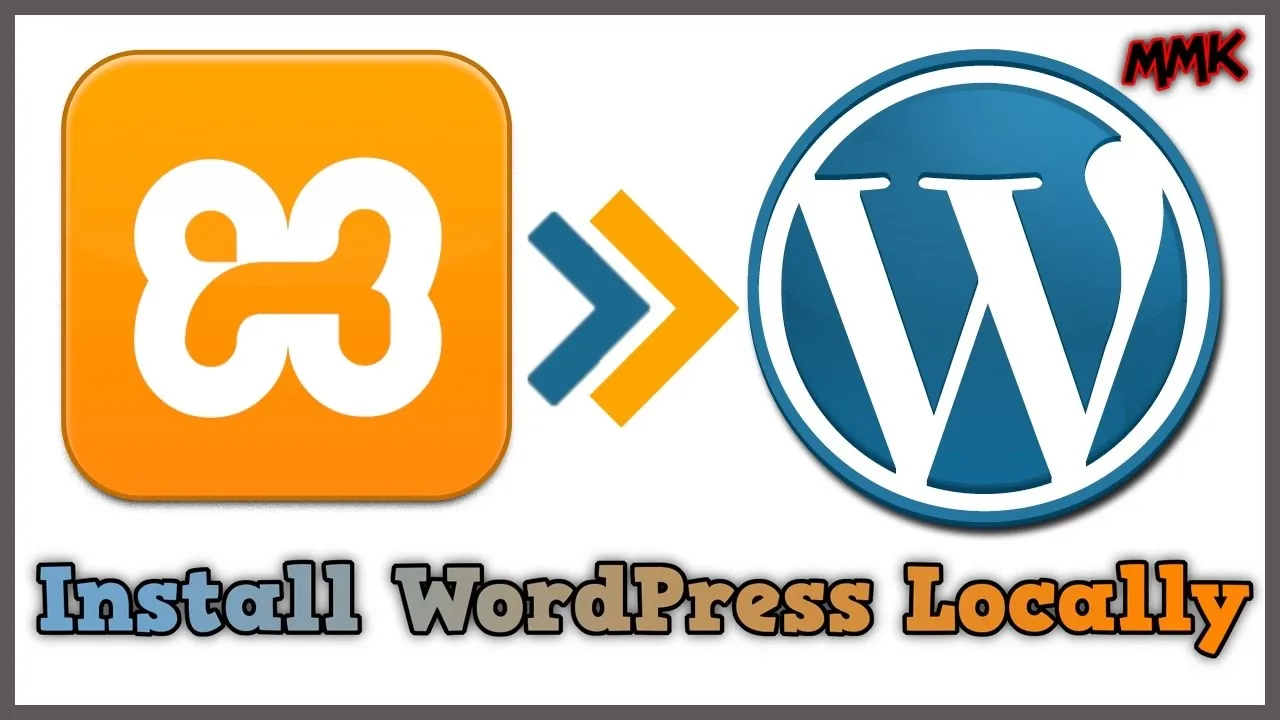

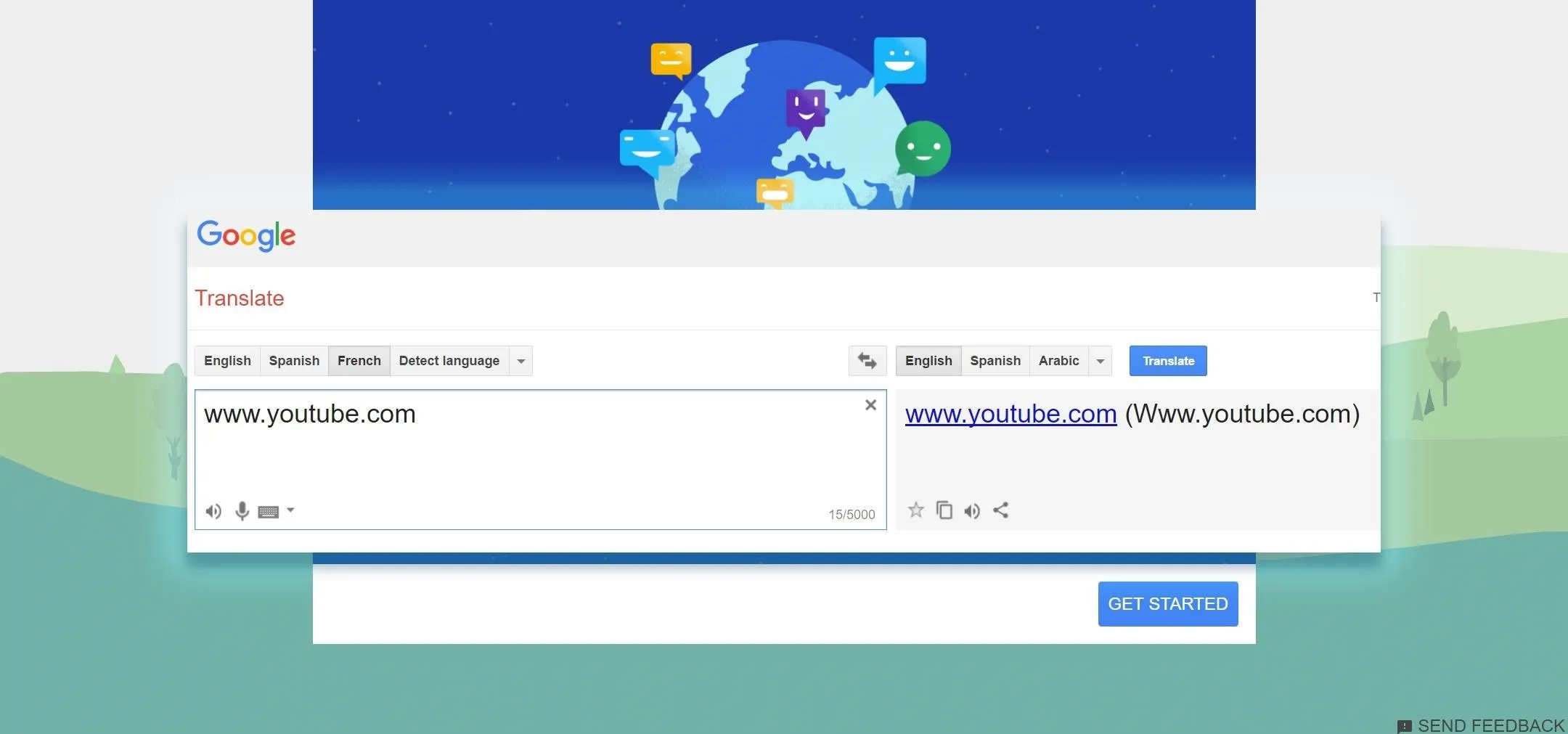
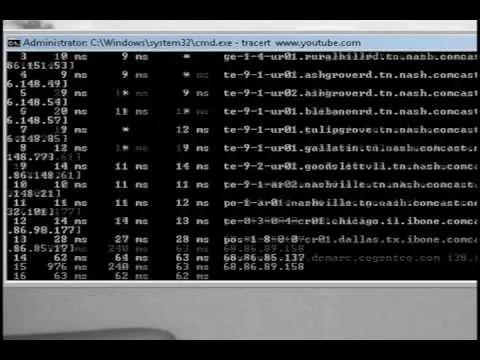
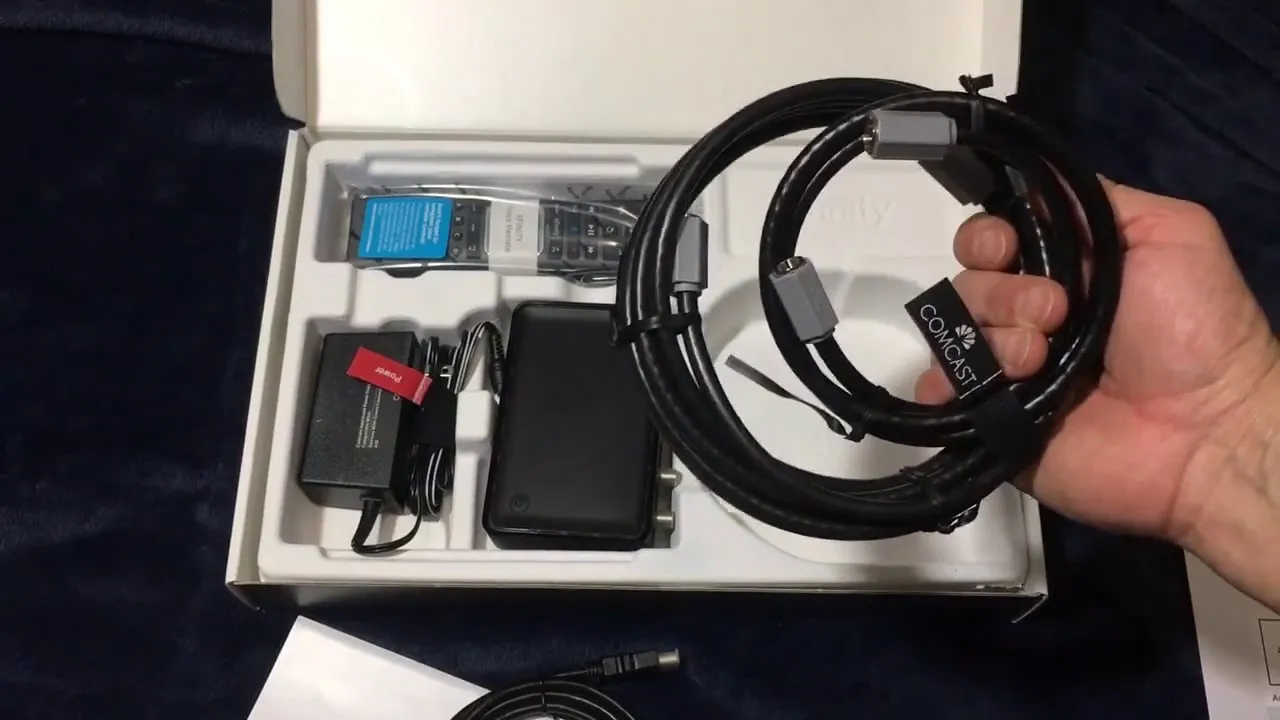

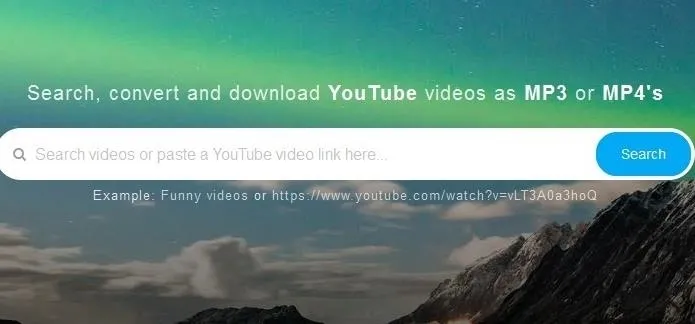
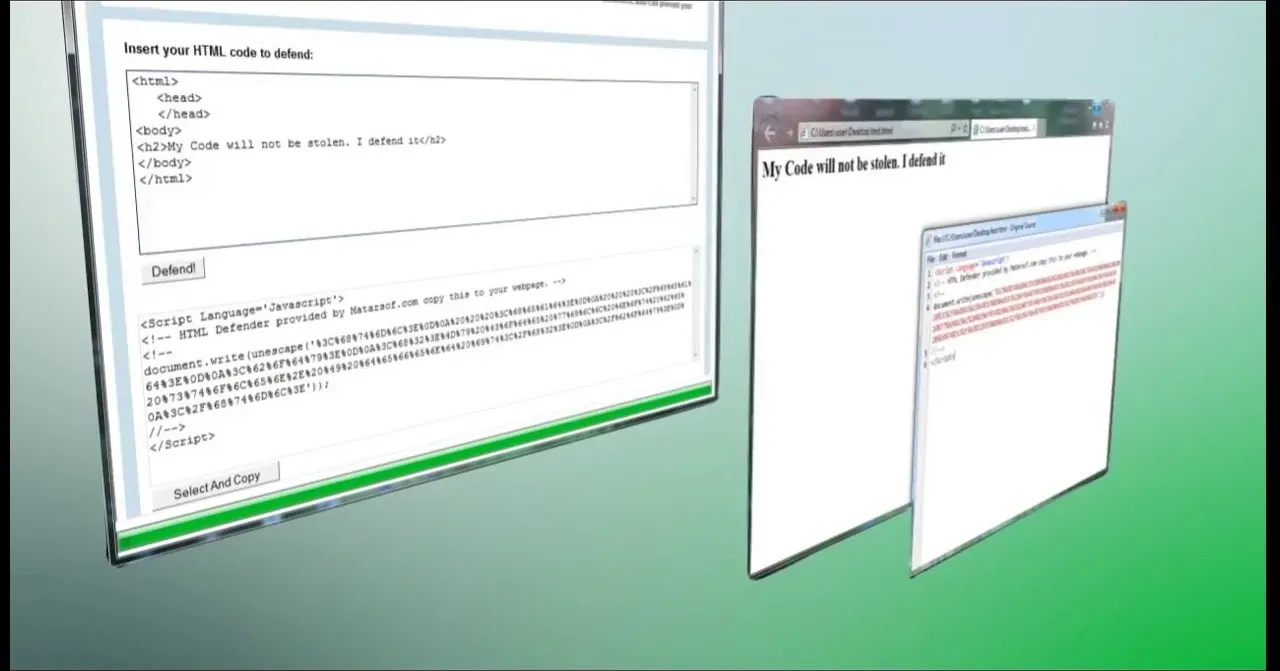
Comments
Be the first, drop a comment!